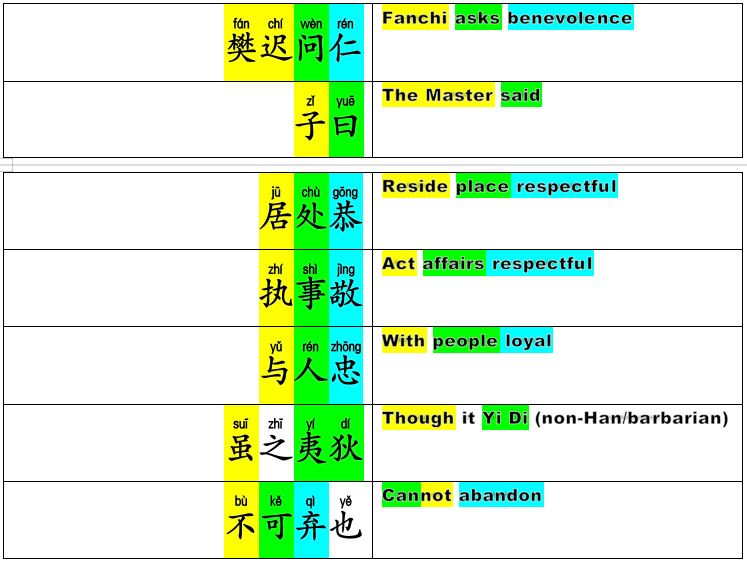Analects 13.25
Original Text:
子曰君子易事而难说也说之不以道不说也及其使人也器之小人难事而易说也说之虽不以道说也及其使人也求备焉
Translation:

Other Translations:
The Master said, “The gentleman is easy to serve, but hard to please. If you attempt to please him in a manner not in accordance with the Way, he will not be pleased, but when he employs others, he does so in consideration of their particular capacities. The petty person is hard to serve, but easy to please. If you attempt to please him, he will be pleased, even if it is in a manner not in accordance with the Way, but when it comes to his employment of others, he demands everything from them.”
Confucius, & Slingerland, E. (2003). Analects: With selections from traditional commentaries. Hackett Publishing.
The Master said, The gentleman is easy to serve but hard to please. Try to please him with what does not accord with the Way, and he will not be pleased. But when he employs others, he thinks of their particular capabilities.
The petty man is hard to serve but easy to please. Try pleasing him with what does not accord with the Way, and he will be pleased. But when he employs others, he expects them to be able to do anything.
Confucius, & Watson, B. (2007). The Analects of Confucius. Columbia University Press.











